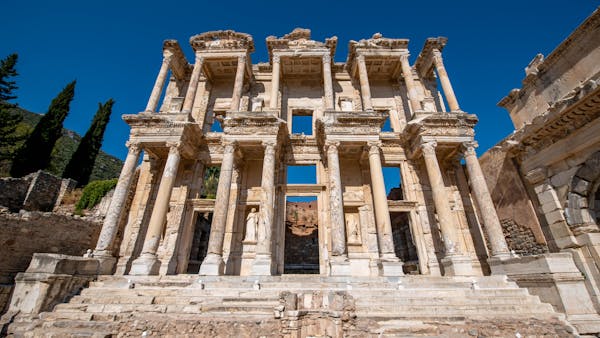The author of the book introduces himself with the words “I, John” at least four times throughout the narrative. The Revelation of Jesus Christ was given to the apostle John while he was a prisoner in exile on the lonely island of Patmos, a rocky outcrop in the Aegean sea.
John was the author of the gospel bearing his name as well as three other epistles he wrote to the various churches established throughout the Roman Empire. John writes of Jesus in a personal and intimate way. The opening chapter of the first epistle of John declares that John wrote about what he had seen and handled regarding the Word of Life. He was clear that the experiences and exhortations he shared with the church were a result of his own personal experience walking in the presence of Jesus.
The first lesson John teaches us through his writing is this; you can’t share what you don’t have.
Eusebius, one of the early church fathers and historians refers to the author of the book of Revelation as the Elder John. Eusebius indicates that he had a personal relationship with John and that he was heavily involved in the work of the church at Ephesus, probably in relation to the training school that had been set up there and developed during the latter part of the first century,
John was the last surviving disciple, all the others having died a martyr's death. John is said to have been summoned to appear in Rome before the Emperor Domitian where he was tried for his faith. John was eloquent, articulate and extremely intelligent. Domitian and those present at the trial could not strike down any of his arguments.
Enraged, the Emperor ordered that he be thrown into a boiling vat of oil. Miraculously John survived the ordeal and came out of the oil unscathed. Writing about it in the book The Acts of the Apostles Ellen White comments “But the Lord preserved the life of His faithful servant, even as He preserved the three Hebrews in the fiery furnace” Domitian then sentenced his to a life in exile imprisoned on the Isle of Patmos. This was believed to have been around 94 or 94 A.D.
When Domitian died the Emperor Nerva took the throne of the Empire and freed all political prisoners and it is believed that John returned to Ephesus.

